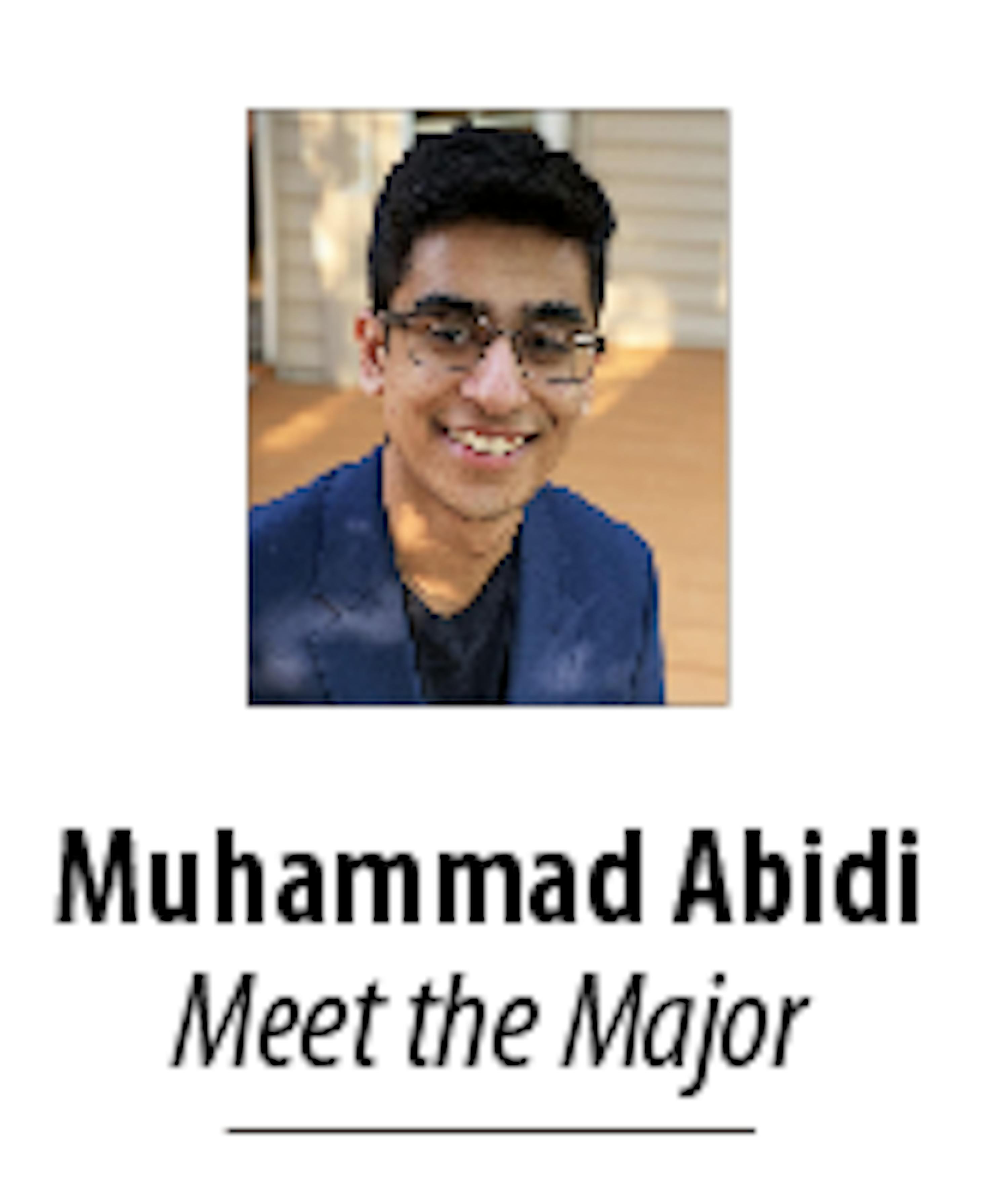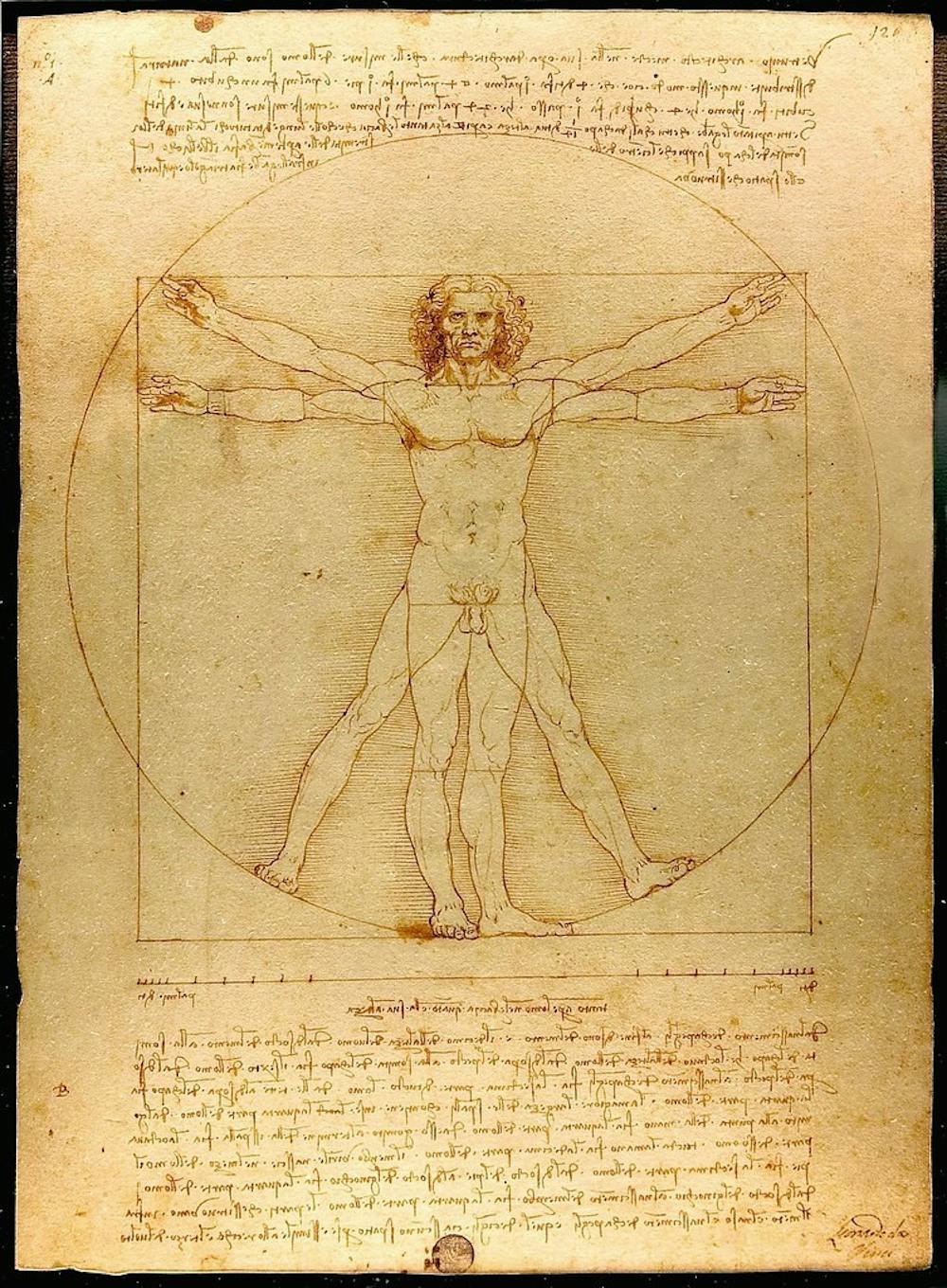
Have you wanted to learn about the complex meanings hidden in artworks of the Middle Ages but struggled to balance such interests alongside passions in science coursework? Worry no more, as Hopkins holds one of the nation’s few dedicated majors in Medicine, Science and the Humanities (MSH).
Medicine, science, humanities — these three words encompass what many undergraduates who are on the pre-med track hope to pursue through their academic career at Hopkins.
This young, innovative major allows for individualization of the humanities core, allowing students to study many of the humanities departments alongside their pre-med science coursework.
Mitchell Merback, director of the MSH program, and a professor of Art History, discussed the major in an interview with The News-Letter. He detailed that the program initially began under the directorship of Dr. Charles Wiener, who Merback says was instrumental in the construction of this program.
Wiener has since left for a different position at the University; however, the program continues to grow in popularity, with many new students taking introductory courses in the program.
One example of an introductory course which is typically offered every year focuses on the humanistic and scientific aspects of “death and dying” and examines the human experience as it relates to death.
This spring, one of the courses offered for current and prospective majors is Art, Medicine, and the Body: Middle Ages to Modernity, a class that is cross listed with History of Art. It’s typically offered as a summer course, but Professor Merback has transformed it into a semester-long course.
Merback outlines the course as one that will analyze how both artists and physicians subject the body to different kinds of observations, one for the sake of healing the body, and one for the sake of portraying it. This is evident throughout history, as there have been numerous crossovers between medical illustrations and anatomical portrayals by doctors and artists.
There are also two MSH symposiums in the academic year, one each semester, where a guest speaker is invited to discuss specific topics related to MSH. For those interested, these events would be another opportunity to determine their interests in the field.
Undergraduates in MSH are encouraged to identify and reach out to individuals leading different research projects, so they can gain an investigative, analytical perspective of historical discovery outside of the class setting as well.
The program will also be beginning a summer initiative, which will help offset the costs for students who are completing unpaid internships.
Regarding career opportunities, Merback said that “the sky is the limit.”
This is certainly evident through the appreciation for an interdisciplinary education that allows students to pursue a variety of subject areas in an interconnected manner.
Merback observed that, for a majority of students, MSH serves as a stepping stone to medical school. Furthermore, many of the students who complete the major also venture on to work in other medically-related fields, which provide a dynamic cross-section between science and humanities.
Merback outlined some of the diverse career interests which students pursue.
“[MSH] paves the way for other kinds of engagement... with either public health policy or scientific journalism,” Merback said.
Public health policy and scientific journalism are just a few examples of popular career choices for those who complete the major.
Of course, one of the primary motives for the courses of study within the major is to prepare students for advanced study in the humanities, whether at the graduate level or through other paths.
Regardless of eventual career choice, Merback noted that one of the primary themes of the department is to contextualize advancements in the history of medicine.
“The major looks at the history of scientific innovation and medicine and looks at them alongside other historical phenomenon… alongside the development of philosophy,” Merback said.
That, and to promote interdisciplinary thinking, are two of the foundational purposes of the major as a course of study.
The ability to address societal problems or questions underlying the medical sciences as well as the related humanities requires a fundamental curiosity — something which this major helps to foster and amplify.
“[MSH] looks at what makes medicine and science a part of the human experience. Not just a set of technical problems to solve, but imbued with meaning — putting people forward into the medical profession with a greater understanding and sympathy for the human beings they will interact with,” Merback said.
The MSH program offers a unique, personalized approach to constructing a liberal arts experience for a student’s four years at Hopkins.
It is vital for future medical providers as well as other health and science professionals to have an understanding of the humanities in relation to the sciences.





